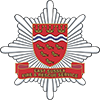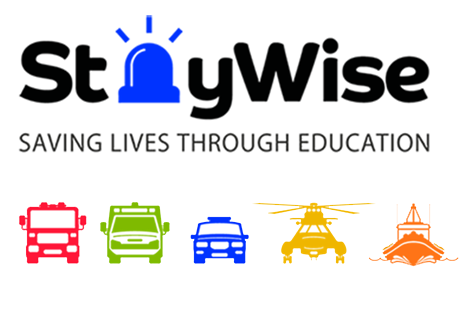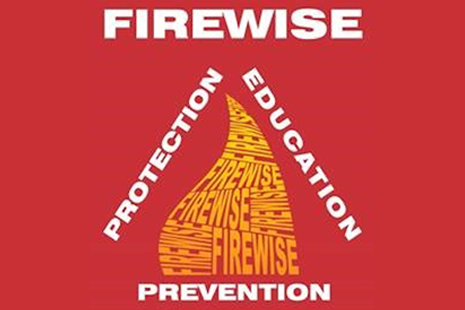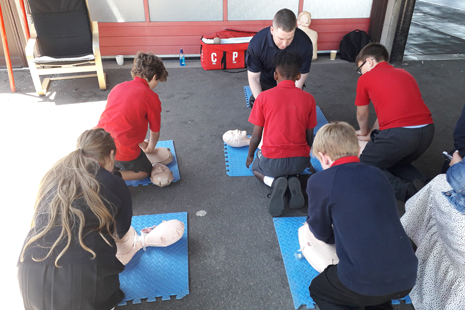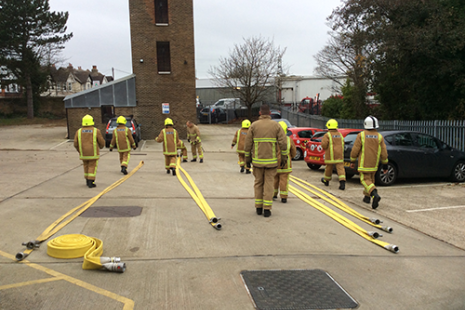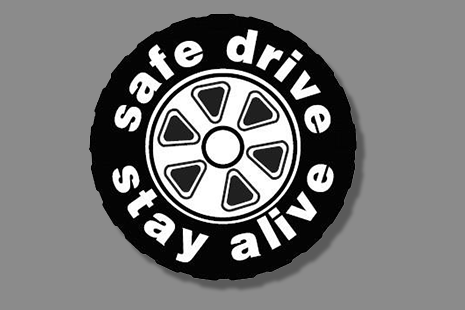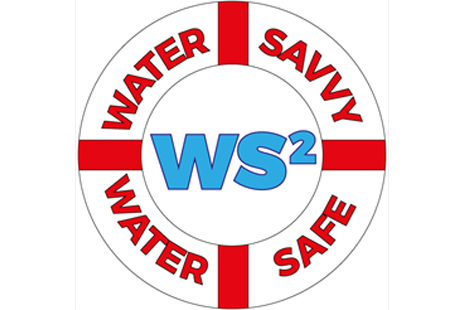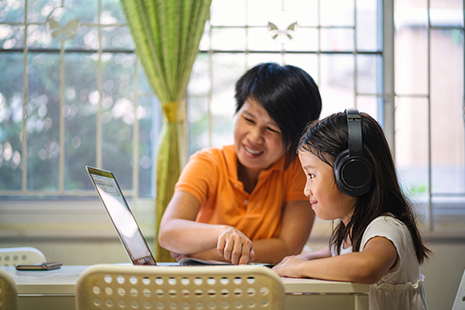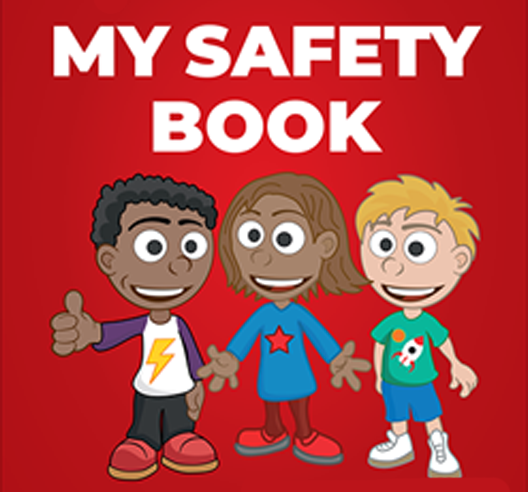Our priority is making our communities safer and so we target our work to meet the needs of children and young people in the areas we serve. Find out more about our youth engagement work on the links below:

A range of useful resources for children to learn about keeping safe.
Do you have concerns about a young person and fire? We can help with:
- Firesetting
- Hoax/Malicious calls
- Fear of fire
- Other fire related concerns
Safety in Action’ events help children to keep themselves and others safe. through interactive scenarios
If you're between 13 and 17, join our Fire Cadets! you’ll make new friends, have loads of fun and learn about what it means to be a firefighter and make a positive impact on your community.
Watch Out is our early intervention programme for children and young people who are at risk of underachievement in their learning and/or need help to get back on track
Risk Rally enables young people to explore risks that come with greater independence in a safe way
An educational experience that teaches young people not only the dangers but also the consequences, of poor and dangerous driving.
An water safety education programme aimed at yr. 11 & 12 students, as well as Universities.
Support is offered to children and young people outside the school system. Bespoke safety education sessions can be delivered to home educated groups in the community. Children are offered the opportunity to attend events such as Safety In Action.
Our Education and Youth Engagement sessions are offered in different settings to support children with additional needs.
